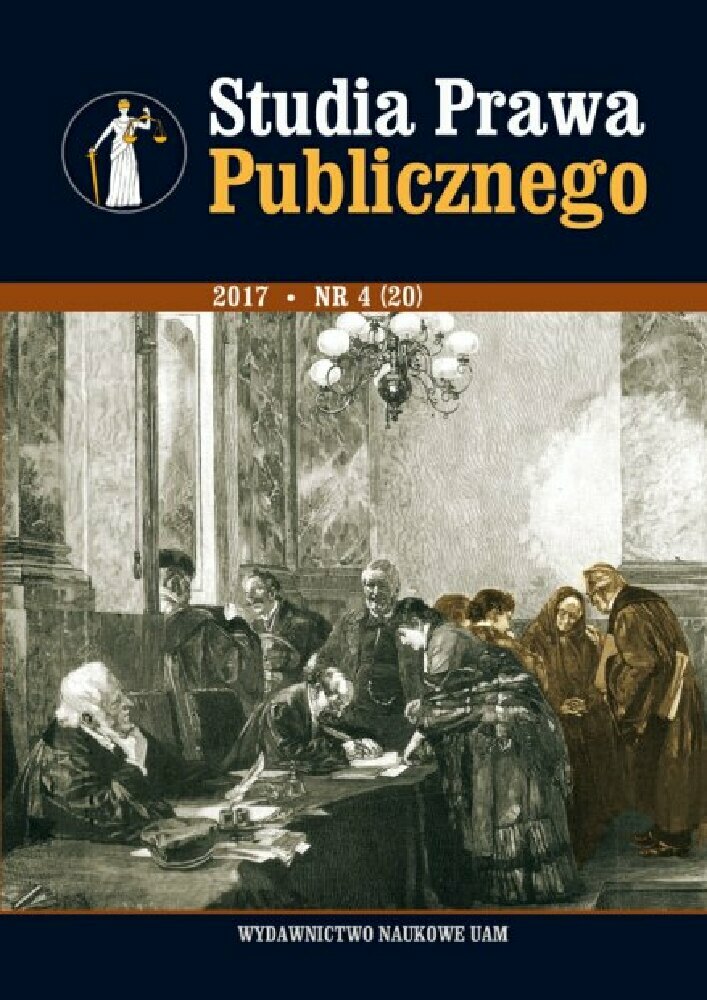Abstract
In recent years, there have been legislative cha nges as a result of which the role of the Pole’s Card in the Polish legal system has been increasing. The growing importance of the Pole’s Card requires refl ection on its place in the system of Polish law on foreigners and its relation to other institutions of this law. According to the original concept, the Pole’s Card was to be an offi cial confi rmation of the holder’s belonging to the Polish Nation and a way of granting a number of rights in order to make the foreigner’s stay in Poland easier. Today, it is justifi ed to say that the Pole’s Card has acquired a new, “stay-in” function. Although the Card on its own does not give the right to reside in Poland, it allows its holder to apply for a permanent residence permit without having to meet standard migration requirements. The changes have also made it legitimate to talk about a “repatriation” function of the Pole’s Card. It does not grant Polish citizenship, nevertheless it lets to avoid many diffi culties connected to standard procedures. As far as leaving the country is concerned, the Pole’s Card does not constitute an obstacle to the imposition on its holder of an obligation to leave Poland. However, it should be noted that while fulfi lling its functions, the Card signifi cantly reduces the likelihood of addressing a decision containing such an obligation. The attractiveness of the Pole’s Card holder status is demonstrated in practice by the growing interest in applying for this document. In the system of the law on foreigners, however, there remain some details that show that the whole concept is somehow incomplete. In practice, problems arise with the assessment of the connection to Polish culture and there are questions about the eff ects of unfair practices when applying for the Pole’s Card. Doubts are also raised by the lack of unifi cation of the Card holder status, irrespective of the possession of another privileged status: the one of a citizen of the European Union or a member of her or his family. It leads to a conclusion that legislative corrections seem necessary at some points. At the same time it is claimed that apart from the above, the quality of the application of the existing law should be improved.License
Copyright (c) 2019 Agnieszka Narożniak

This work is licensed under a Creative Commons Attribution-NonCommercial-NoDerivatives 4.0 International License.
